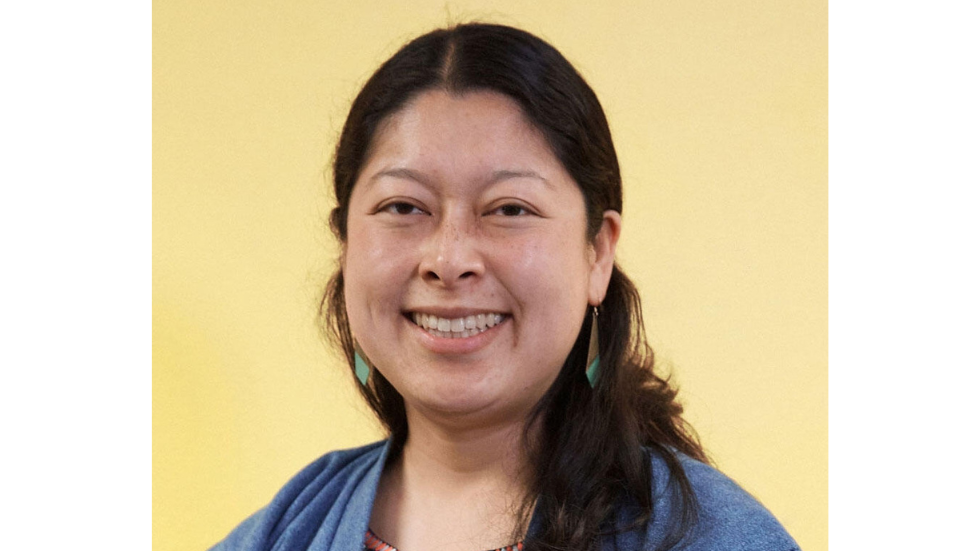Name: Lillian Hsu
Hometown: Edison, New Jersey
Program: Master of Arts in Teaching
Education: B.A. Yale University (Psychology)
Current Position: Founding principal at Latitude 37.8 High School
Looking back, what was the most memorable or impactful part of your experience in the MAT program?
The opportunity to apply what I learned during Brown Summer High School to my student teaching at Nathanael Greene Middle School with my mentor teacher, Theresa Toomey-Fox, was invaluable. I saw firsthand that learning doesn't have to be confined to desks—it can be active, creative, and engaging. That perspective shaped my approach as a new teacher and continues to influence my leadership today.
Can you share a specific moment, project, or lesson from the program that has stuck with you throughout your career?
During my first week of teaching at Brown Summer High School, my mentor teacher posed a question that has stayed with me: Who was in the game, and who wasn’t? This question made me think critically about student engagement, belonging, and access. Now, as a principal, I carry that question with me into every classroom, ensuring that all students—regardless of background, neurodiversity, or language—are fully included.
What have you been doing professionally since graduating, and how has your career evolved over time?
After graduating, I became a founding teacher at Oakland Unity High School in California. Later, I moved to San Diego and joined High Tech High’s Graduate School of Education as their first school leadership resident, where I apprenticed with a principal and studied project-based learning. That experience led me to become the principal of High Tech High Chula Vista. Eventually, I returned to the Bay Area as the founding principal of Latitude 37.8 High School.
Which skills or lessons from the MAT program have been most valuable to you in your career, and how have you applied them?
Resilience and reflection have been critical. Teaching is full of challenges, but the ability to assess what’s working, adjust creatively, and maintain empathy for students is essential. The MAT program fostered a spirit of innovation and adaptability. My mentor teacher exemplified this, she empowered students to share their voices and engage deeply in learning. That model has stayed with me, shaping my approach as both a teacher and a principal.
What changes have you seen in the field of education since you graduated, and how do you think the MAT program prepared you to adapt?
Leading a school through the pandemic was incredibly challenging, and as a result, I’ve seen educators leave the profession. Some of my peers now work in education-adjacent fields rather than directly in classrooms. That’s why I’m passionate about designing schools where both students and educators feel inspired, supported, and continuously engaged. We need to create vibrant, caring learning communities for adults and students so teachers feel motivated to stay in the profession and keep evolving in their practice.
What’s one piece of advice you’d give to someone considering applying to the program today?
Take advantage of Providence's incredible variety of schools: public district, public charter, independent, and innovative models like The Met. Use your time in the MAT program to explore different learning environments and discover the type of teaching community that will sustain you. Finding strong mentorship and a school that aligns with your values is crucial for long-term success and fulfillment in the field.
Final Thoughts
I feel immense gratitude for the MAT program and the mentorship I received from my professors, especially Eileen Landay. Even after 20 years, I continue to turn to them for advice and inspiration. Teaching is a lifelong journey, and having a strong network of mentors and colleagues makes all the difference.
